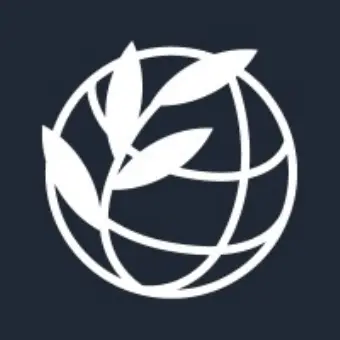
Locations
Washington, DC, USA · Washington, DC, USA · Connecticut Ave/ K Street, Washington, DC, USA · Fort Stanton, Washington, DC, USA
industry
Government Administration · Government and Military
Size
11 - 50 employees
founded in
2017
The Global Internet Forum to Counter Terrorism (GIFCT) brings together the technology industry, government, civil society, and academia to foster collaboration and information-sharing to counter terrorist and violent extremist activity online. Mission: To prevent terrorists and violent extremists from exploiting digital platforms. Vision: A world in which the technology sector marshals its collective creativity and capacity to render terrorists and violent extremists ineffective online. Values: In every aspect of our work, we aim to be transparent, inclusive, and respectful of the fundamental and universal human rights that terrorists and violent extremists seek to undermine.
Something looks off?